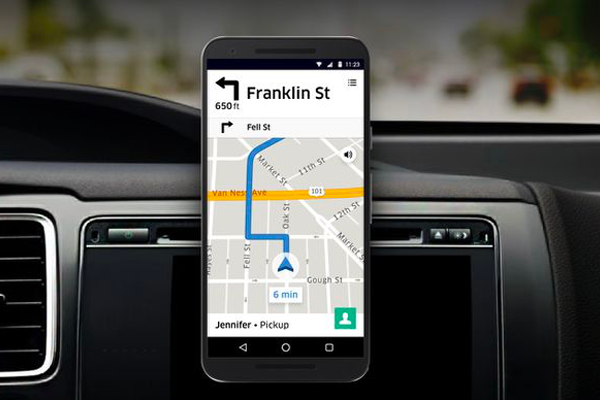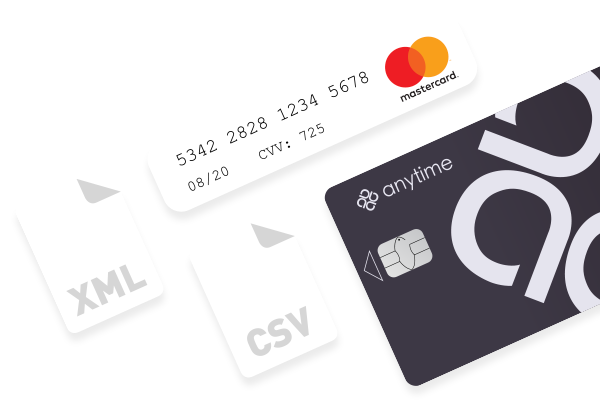Selon une étude, seulement 20% des français savent exactement combien leur coûte leur compte bancaire si on leur pose la question. Ce chiffre est éloquent, soit il leur importe peu de savoir combien ils dépensent en frais bancaires, soit ils ont du mal à suivre tant ça leur semble peu clair. Des tarifs en hausse constante, des brochures tarifaires de plusieurs pages, les clients s’y perdent, à juste titre. Mais l’arrivée des comptes pros en ligne sur le marché bancaire a sonné aussi l’arrivée de tarifs transparents, simples et bien moins élevés que dans les banques traditionnelles. Voici comment un compte pro en ligne permet de réduire ses frais bancaires.

Qu’est-ce qui se cache derrière le terme « frais bancaires » ?
Les frais bancaires sont perçus par une banque en rémunération de services rendus ou d’intervention pour incidents sur un compte, tels que les découverts ou les rejets bancaires. Ils sont destinés à rémunérer le travail du conseiller pour la gestion du compte et les interventions en cas de besoin. Sous l’appellation « frais bancaires », on retrouve :
- Les moyens de paiement : les cartes bancaires et chéquiers ;
- Les opérations de paiement telles que les virements ;
- La tenue de compte ;
- L’accès à un espace Internet pour consulter ses comptes ou gérer ses opérations
- Les commissions prélevées pour incidents de paiement tels que les découverts sans autorisation, le dépassement de découvert autorisé ou encore les rejets de prélèvement, de chèque… ;
- Les assurances pour les moyens de paiements ;
- Les mises en opposition de moyens de paiement.
A noter : même dans les banques traditionnelles, la plupart des opérations sont réalisées informatiquement et les conseillers ne mènent que rarement l’analyse pour laquelle la banque prélève la commission d’intervention en cas de dépassement de solde.
La gestion du compte à un tarif dérisoire
Les frais de tenue de compte bancaire sont des prélèvements effectués par la banque pour la gestion du compte. Cette définition plutôt floue couvre en réalité, d’après les banques, tous les coûts liés aux moyens informatiques et humains mis en œuvre pour gérer le compte.
Alors que les banques traditionnelles facturent, pour la plupart, des frais de tenue de compte entre 12 et 30 € / an, la plupart des comptes pro en ligne n’en facturent pas. De fait, la gestion 100% en ligne du compte par le client permet aux acteurs digitaux de limiter les frais internes liés à la tenue du compte.
Des moyens de paiement moins chers dans un établissement en ligne
La carte bancaire
Alors qu’une banque classique vous permet généralement de choisir votre carte bancaire, un compte professionnel n’en propose qu’une seule. Il s’agit souvent d’une carte dont les paramètres peuvent être gérés en ligne ou d’une carte avec un plafond élevé. La carte proposée est généralement une Mastercard à débit immédiat et autorisation systhématique.
Côté prix, le tarif dans une banque traditionnelle peut s’élever de quelques dizaines à plusieurs centaines d’euros par an selon la gamme de carte que vous choisissez et l’établissement bancaire. Pour un compte joint, une deuxième carte peut également être mise à disposition à un tarif préférentiel. Les comptes professionnels en ligne et établissements financiers en ligne, quant à eux, vous propose généralement des frais 50% moins chers que les banques.
Le virement
A l’inverse du chèque, le virement est largement plébiscité par les établissements financiers digitaux. De ce fait, elles proposent en principe les virements nationaux gratuits là où certaines banques facturent parfois plusieurs dizaines de centimes pour un virement externe. Les virements internationaux sont souvent proposés à des tarifs très avantageux à l’image d’Anytime, qui ne facture que de faibles commissions.
Pas de frais de dépassement de solde
Le compte Anytime est un compte sans autorisation de découvert. De ce fait, il ne peut y avoir de frais d’interventions comme dans les établissements bancaires classiques. Les seuls frais qui peuvent être appliqués sont des frais de transactions refusées pour solde insuffisant.
A noter, les tarifs de certaines commissions d’intervention sont réglementés par l’Etat, mais les banques appliquent le plus souvent les tarifs maximum, ce qui peut chiffrer rapidement :
- Pour une opération passée sur un compte dont le solde est inférieur au découvert autorisé, la commission ne peut excéder 8€ par opération avec un plafond de 80€ par mois.
- Pour un rejet de prélèvement ou de TIP, les frais ne peuvent dépasser 20€.
- Pour un rejet de chèque pour défaut de provision : si le montant du chèque est inférieur ou égal à 50€, les frais sont plafonnés à 30€. Si le montant du chèque est supérieur à 50€, les frais bancaires sont plafonnés à 50€.
Des packages contenant l’essentiel
La plupart des services bancaires sont généralement regroupés sous la forme de packages, que cela soit dans les banques traditionnelles ou dans les services en ligne. Dans les établissements traditionnels, qui proposent de nombreux services, ces packages comprennent généralement des services complémentaires souvent superflus. Ainsi, vous bénéficiez d’un meilleur tarif sur la carte professionnelle, ou encore d’une gratuité sur l’abonnement à l’espace Internet par rapport aux tarifs à la carte. Mais avec ces services supplémentaires, la note augmente et le package n’est finalement plus forcément l’alternative la moins chère.
Les établissements financiers en ligne ou les comptes pros en ligne proposent également des packs de services, mais ceux-ci contiennent d’office tous les services importants et ne laissent pas de place au superflu. Cela permet de bénéficier de tarifs tout à fait abordables tout en ayant accès à tous les services indispensables.
Une gestion simplifiée, une offre peu personnalisable, mais complète et proposée à un tarif très accessible, voilà ce qui permet aux comptes professionnels en ligne de proposer des frais moindres tout en bénéficiant d’un confort d’utilisation optimisé.







